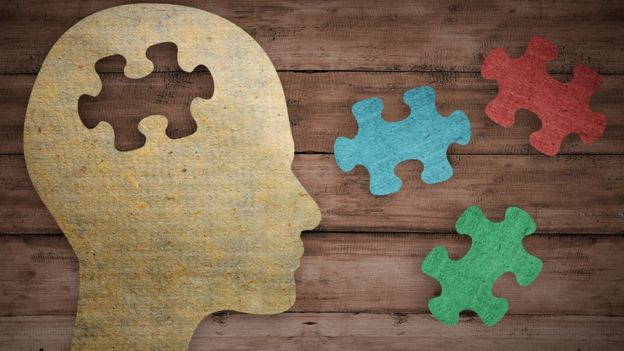Parents searching for school places for their children in England are used to scouring league tables for information.
But even though these might show huge amounts of detail about exams, they will not reveal much about the levels of happiness among pupils.
Sir Anthony Seldon, a university head, former head teacher and mental health campaigner, says school league tables should include measures of well-being.
He says this could help to tackle an “epidemic of mental health” problems.
“As long as the only metric on which schools are being assessed is their exam performance, our schools will never have the incentive to take well-being as seriously as they should,” said Sir Anthony, vice chancellor of the University of Buckingham.
He says that the Office for National Statistics regularly measures well-being – and that it would be possible to make school-level comparisons.
‘Avoidable suffering’
This could include comparing the resources put into pastoral care, such as staffing and support services, and surveying a sample of pupils to see their views on school life.
Sir Anthony, speaking on World Mental Health Day, has campaigned for well-being to be taken more seriously in schools.
But he says that despite warnings about rising numbers of young people with mental health problems, schools still are not being encouraged enough to prevent “avoidable suffering”.
Exam league tables in England are due to be overhauled again to show how much academic progress is made by pupils.
But Sir Anthony says parents want to know more about a school than its exam results.
“It is perfectly clear to me, as a head of schools for 20 years, that parents will pay more heed to the well-being tables than to the exam league tables.
“They know, even if the government doesn’t, that schools that prioritise well-being, which includes challenging and stretching students, also build character and help them to perform better than those schools which are just exam factories.”
Rising concerns
He says that pupils need help while they are still at school.
“By the time students arrive at 18, the damage has been done.”
 Image copyrightISTOCK
Image copyrightISTOCKFigures published last month by the Office for National Statistics, showed the highest number of suicides by 15 to 19 year olds since 1998.
And a succession of reports have highlighted concerns about unhappiness, anxiety and depression among young people.
A report from the Higher Education Policy Institute warned that universities were struggling to cope with rising demand for mental health services.
A study published by the Department for Education showed that teenage girls now were more likely to show signs of “psychological distress” than a decade ago.
This blamed pressures from social media and the fact that young people felt less control over their lives.
A report from the Children’s Society showed higher levels of anxiety and unhappiness among teenage girls, compared with five years ago.
An online tool kit to help schools identify and monitor mental health problems has been launched by Public Health England and the Anna Freud National Centre for Children and Families.
The intention is to make staff better informed and better able to evaluate pupils’ problems.
“Growing up in today’s world can be tough. From negative comments on social media to pressures to look a certain way, the well-being of young people is at risk,” said the minister for vulnerable children and families, Edward Timpson
“That’s why we want teachers to be able to spot the signs that their pupils are having difficult thoughts or feelings and feel confident about supporting them.”
[Source:- BBC]







